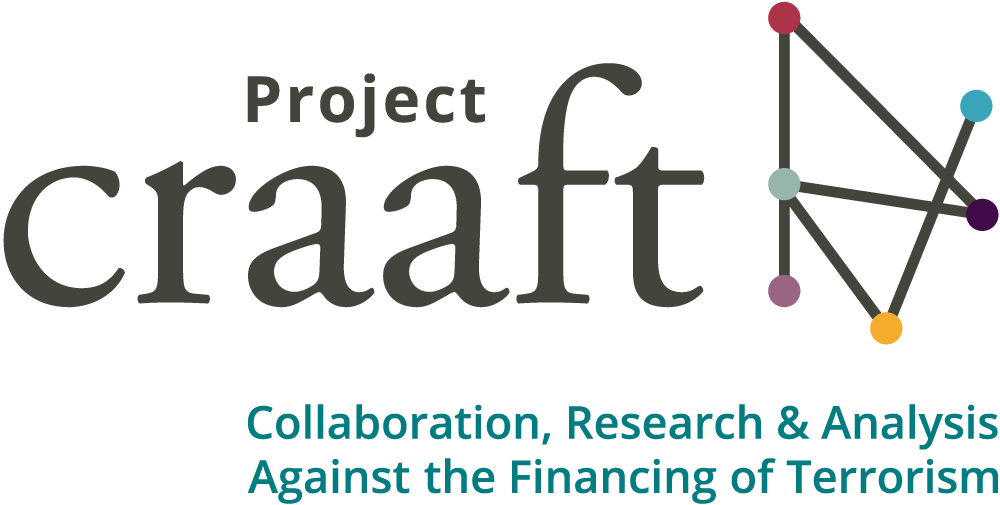Information-Sharing Workshop for Prosecutors and FIU: Croatia
On 20 September 2022, Project CRAAFT held an in-person workshop for law enforcement, FIU and prosecutors in Zagreb. The workshop gathered representatives of public institutions to discuss the terrorist financing risks brought by the emergence of new technologies, and explored the opportunities for more effective CTF measures brought upon by FinTech.
The 1-day workshop was structured around a series of presentations from our trainers: from the role of new technologies in TF, FinTech case studies of TF abuse to case studies on the financing of right-wing extremism. The workshop closed with an interactive war-game. The war game was a particularly useful exercise as it gave participants the opportunity to interact, develop connections with other public sector stakeholders and to share information on how to tackle realistic TF scenarios.
Key learnings from the workshop:
The growing presence of new technologies in society is followed by an increasing usage by terrorist groups for TF purposes. However, the opportunities they present to terrorist actors are often overestimated and, if used at all, have not had a transformative effect on traditional TF methods to date.
FinTech companies continue to spread and the changes they bring about in the movement of funds is also followed greater opportunities to mitigate risks. Still, it is required of financial institutions, as well as key public actors, to systemically apply the new revised FATF standards particularly around Recommendation 15.
In order to effectively counter terrorist financing, public and private financial institutions must collaborate and create the right conditions to facilitate and promote the exchange information within and across sectors.
